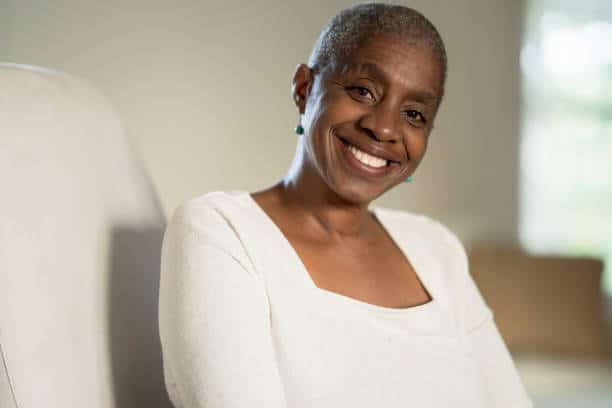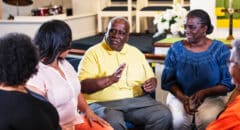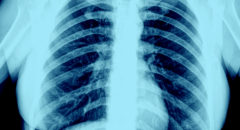
When a doctor tells you that you have lung cancer, the world can feel like it stops. It doesn’t matter how strong you are, how many things you’ve faced before—this is different. And when they add that you may have only one to three years left, it can feel like someone just took the air out of your lungs. If you’re a current smoker, you may even feel a wave of guilt or blame on top of the fear. But hear this clearly:
You are not to blame. You are not alone. You still have time, and your life still matters.
Let’s talk about what comes next. Not in cold, clinical terms—but in real talk. Because right now, you need more than medical advice. You need someone to walk you through this with honesty, respect, and dignity.
The First Thing to Know: You’re Still Here
Let’s start with this: you’re still here. That means you still have choices. You still have time. You still have a say in how this next part of your life unfolds.
A one to three-year prognosis doesn’t mean you’re on a stopwatch. Those numbers come from studies and statistics, but you’re a person—not a statistic. Some people live longer. Others decide to focus on comfort and connection instead of fighting the disease with everything available. No matter what, the path forward is yours to shape.
If You’re Still Smoking—Read This Without Judgment
Many people, especially doctors, will jump straight to “you need to quit smoking.” And while that advice comes from a place of concern, let’s be real: quitting is hard. You may have been smoking for decades. You may have tried quitting before and gone back. You may not even want to quit right now—and that’s okay.
You deserve respect and care, whether you quit or not. Don’t let anyone tell you otherwise. If you do feel ready to quit, there are resources and medications that can make it easier. But if you’re not there yet, you still deserve support. Your past does not cancel out your right to treatment, comfort, or compassion.
What to Expect from Doctors and Treatment
Your care team will likely talk to you about a range of options—some may focus on slowing the cancer down, others on improving how you feel day-to-day. You might hear about:
-
Immunotherapy
-
Radiation
-
Chemotherapy
-
Palliative care (focused on comfort)
-
Clinical trials
Ask questions—lots of them. Ask what the goal of each treatment is: Is this to extend my life? Improve my breathing? Reduce pain? Knowing what to expect helps you make decisions that align with your values.
And remember: it’s okay to bring someone with you to appointments. A second set of ears can help catch things you might miss.
You Deserve Quality Care—Especially as a Black Patient
Let’s not sugarcoat it: Black patients are often treated differently in the healthcare system. Studies show that we’re less likely to be offered the newest treatments, more likely to have our pain dismissed, and often receive diagnoses later than white patients. But your health matters. Your voice matters.
Here’s how to protect yourself and advocate for your care:
-
Speak up if you feel ignored or dismissed.
-
Ask for a second opinion—this is your right.
-
Bring someone with you to help take notes or advocate.
-
Don’t be afraid to switch doctors if something doesn’t feel right.
You need a team that sees you—not just your chart.
Emotional Survival: What to Do with All These Feelings
It’s normal to feel grief, anger, sadness, and fear—sometimes all in the same day. You might worry about your family, your job, or how you’ll manage your pain. These feelings are real and valid.
Consider these steps to support your emotional health:
-
Talk to a therapist or counselor. Some specialize in chronic illness and cancer.
-
Join a support group. Hearing from others who are walking the same road can help you feel less isolated.
-
Lean on your faith. Whether it’s prayer, meditation, or spiritual counseling, grounding yourself can bring peace.
And most of all, give yourself permission to feel whatever you feel. There’s no “right” way to handle this.
Take Back Some Control
Cancer takes away a lot—but not everything. You can still make choices that give you a sense of control:
-
Write down your wishes for care and comfort.
-
Set small goals—even something like making it to your niece’s graduation or watching the first snowfall.
-
Celebrate the good days.
-
Plan for support. Meals, rides, emotional check-ins—let people help.
You’re still you. You still matter. And this story is not over.









